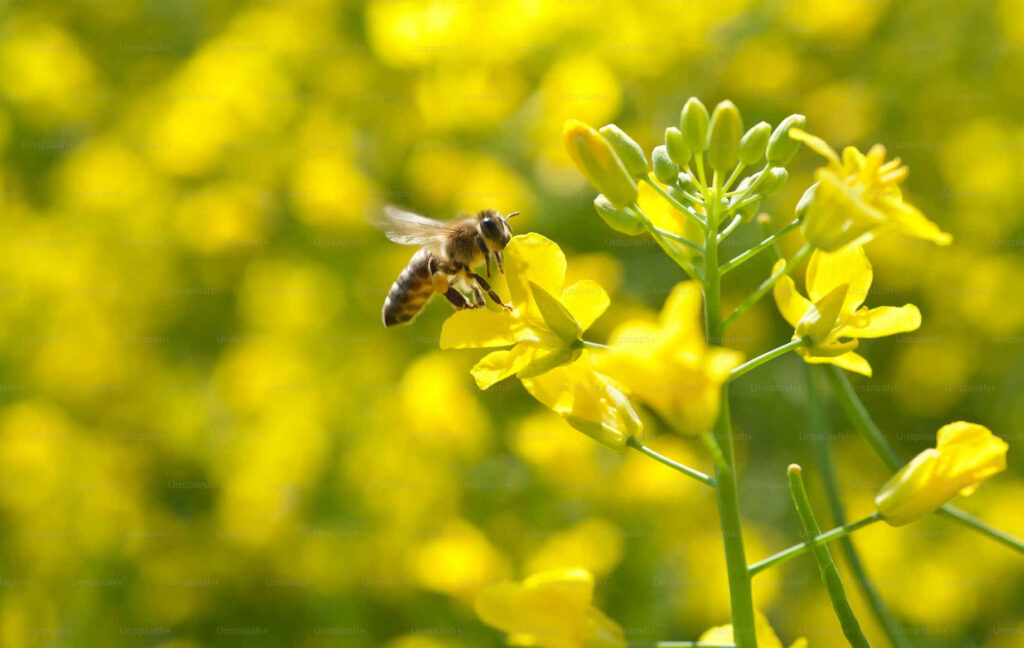As we close the door on the year 2023 and look to a new year in front of us and interesting times that lay ahead.
Let us hope that people are not so naive as they now know better; the world is not like we thought it was, from our comfort zone and it has been a bit of a rude awaking for many.
Readers that have followed my gardening articles for sometime will have seen how I encourage people to grow as much of their food, vegetables and fruit as able and to do so naturally with all the minerals and elements available and without harmful chemicals.
Why? Good for your health and pocket.
By growing as much of your own healthy food as possible you are upsetting the pharmaceutical companies as well as the companies that make harmful chemicals and fertilisers.
I have also suggested that fertiliser companies, chemical companies and pharmaceutical companies appear to work hand in hand.
A food chain that has little goodness but ample chemical poisons is a money earner for the health sector and the pharmaceutical companies.
A book has recently been released which goes into detail about how this is done. Title is:
Sickening Profits: The Global Food System?s Poisoned Food and Toxic Wealth by Colin Todhunter.
Want some interesting New Year reading then go to this link.
This new e-book begins by examining how the modern food system is being shaped by the capitalist imperative for profit, with specific focus on the situation in Ukraine, and discusses the role of the world’s most powerful investment management firm, BlackRock.
It then goes on to describe how people (not least children) are being sickened by corporations and a system that thrives on the promotion of ‘junk’ (ultra-processed) food laced with harmful chemicals and the use of toxic agrochemicals.
It’s a highly profitable situation for investment firms like BlackRock, Vanguard, State Street, Fidelity and Capital Group and the food conglomerates they invest in.
But BlackRock and others are not just heavily invested in the food industry.
They also profit from illnesses and diseases resulting from the food system by having stakes in the pharmaceuticals sector as well. A win-win situation.
The book goes on to describe how lobbying by agri-food corporations and their well-placed, well-funded front groups ensures this situation prevails.
They continue to capture policy-making and regulatory space at international and national levels and promote the notion that without their products the world would starve.
Moreover, they are now pushing a fake-green, ecomodernist narrative in an attempt to roll out their new proprietary technologies in order to further entrench their grip on a global food system that produces poor food, illness, environmental degradation, the eradication of smallholder farming, the undermining of rural communities, dependency and dispossession.
The final chapter looks at the broader geopolitical aspects of food and agriculture in a post-COVID world characterised by food inflation, hardship and multi-trillion-dollar global debt.
My comment is ‘Forewarned is Forearmed’
Radiation has effects on all life forms which is another worry in regards to bees and other insects pollinating our plants and food crops… Here is a interesting study….
On December 19, 2023, in the journal New Phytologist, French researchers published a study on yet another aspect of the decline of life on Earth. The study link is here.
The populations of bees and other pollinators have declined so much that flowering plants that required insects in order to reproduce efficiently have evolved in less than 25 years to become better self-pollinators and to not need insects to reproduce.
Field pansies from seeds collected in the late 1990s and early 2000s were grown next to pansies from seeds collected in 2021.
Self-pollination rates were 27% higher in the plants grown from the newer seeds. The flowers were smaller.
The petals were shorter. The labella – the landing platforms that attract insects – were smaller.
The flowering time was shorter. Fewer flowers opened per day.
The nectar spurs were shorter, there were fewer nectar guides, and the flowers produced less nectar.
More bumblebees visited the flowers that grew from the old seeds than from the new seeds.
The authors warned of cascading effects on insect populations: These decreases in nectar production may then reinforce pollinator declines if nectar levels fall below those necessary to sustain wild bee populations.
Environmental changes may thus present a double jeopardy to pollinator populations, as they become victims of both the changes themselves and of plant trait evolution.
The authors listed only pollution, habitat destruction, and alien species as causes of pollinator collapse.
I (Arthur Firstenberg) have sent the authors a letter, with links to literature reviews, informing them that RF radiation is the biggest cause of insect decline.
I have invited them to join the coalition of scientists, organizations and individuals that we are forming to address the global radiation emergency.
From Arthur Firstenberg – President, Cellular Phone Task Force, author of The Invisible Rainbow: A History of Electricity and Life – which is a book well worth reading.
All the best for the New Year.
Image credit: Unsplash+.

